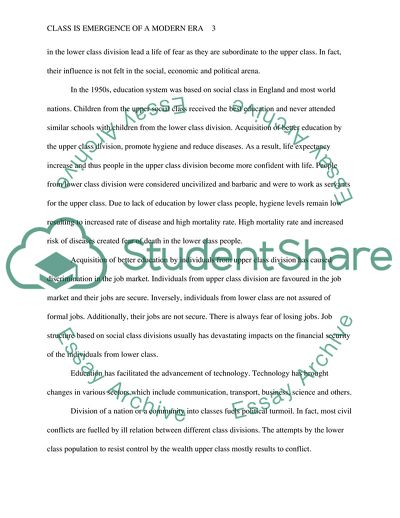Cite this document
(Fear Versus Confidence Essay Example | Topics and Well Written Essays - 2250 words, n.d.)
Fear Versus Confidence Essay Example | Topics and Well Written Essays - 2250 words. https://studentshare.org/history/1827533-fear-versus-confidence-class-is-emergence-of-a-modern-era
Fear Versus Confidence Essay Example | Topics and Well Written Essays - 2250 words. https://studentshare.org/history/1827533-fear-versus-confidence-class-is-emergence-of-a-modern-era
(Fear Versus Confidence Essay Example | Topics and Well Written Essays - 2250 Words)
Fear Versus Confidence Essay Example | Topics and Well Written Essays - 2250 Words. https://studentshare.org/history/1827533-fear-versus-confidence-class-is-emergence-of-a-modern-era.
Fear Versus Confidence Essay Example | Topics and Well Written Essays - 2250 Words. https://studentshare.org/history/1827533-fear-versus-confidence-class-is-emergence-of-a-modern-era.
“Fear Versus Confidence Essay Example | Topics and Well Written Essays - 2250 Words”. https://studentshare.org/history/1827533-fear-versus-confidence-class-is-emergence-of-a-modern-era.


